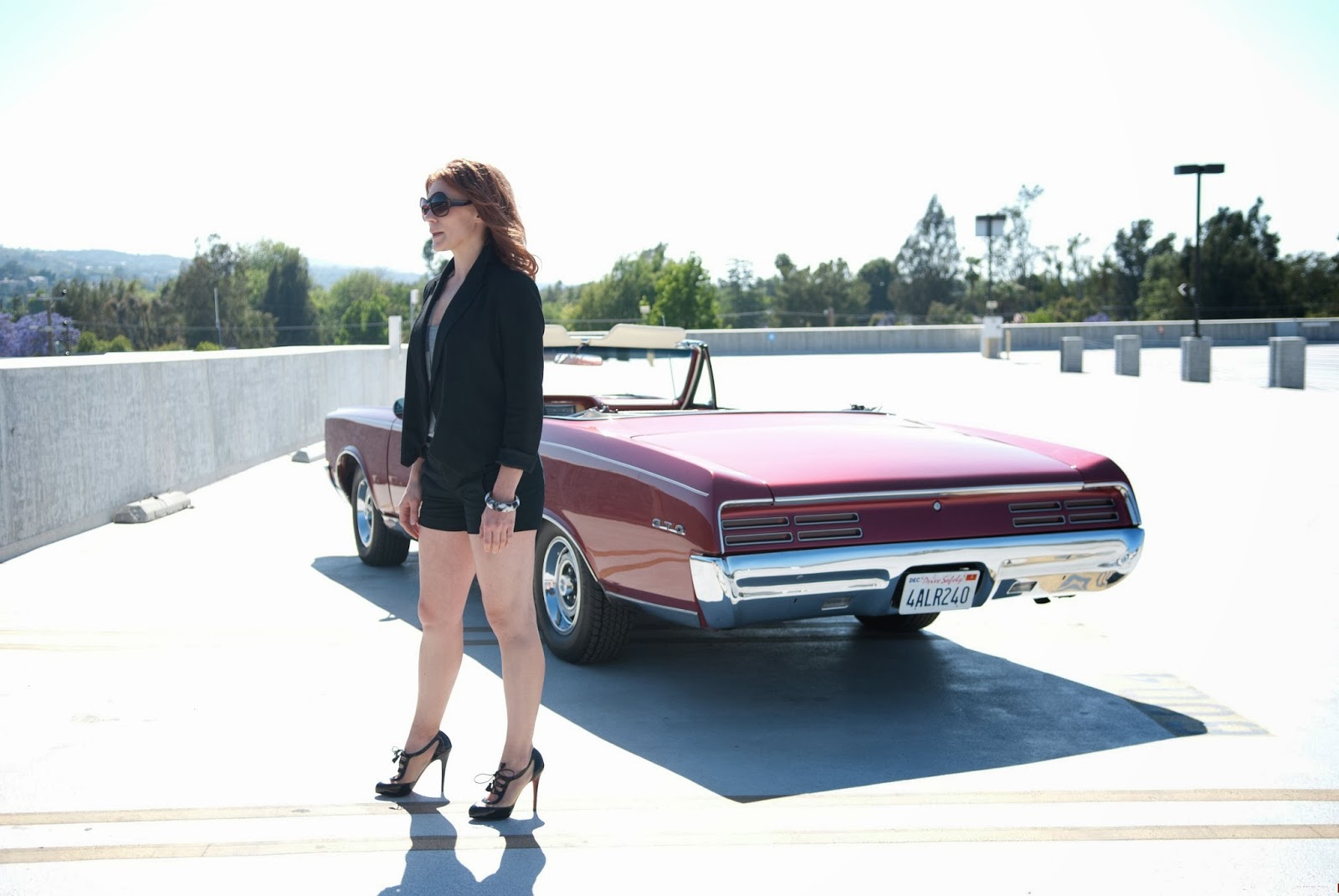"scare" movie. DEVIL'S PASS combines the climb (or at least the trudge, as there is no particular mountain involved here) with aliens, the supernatural and teleportation all jumbled up into the currently fashionable found-footage genre, with the result (if you stay the course, that is) surprisingly effective. A LONELY PLACE TO DIE -- combines some real and very exciting mountain climbing with the thriller genre (kidnap/chase variety) and comes up with one of the best and most satisfying thrillers of our new millennium.
In fact, thinking back on all the "thrillers" TrustMovies has encountered over the past few decades, A Lonely Place to Die proves the most surprising, tension-filled and entertaining since a little out-of-nowhere film called Mute Witness hit the screen back in 1995. The movie shows, in spades, what real creativity in terms of concept and execution, dialog and cinematography can bring to a genre in which, these days, many examples hit the screen practically DOA.
As usual, the less you know about plot details going-in, the more enjoyment you're bound to get from the many surprises along the way -- all of which make absolute sense (these are not twists on top of twists for the sake of effect). Director and co-writer/producer/editor Julian Gilbey gets the lion's share of praise for creating such a perfectly-paced, nail-biter of a movie, the suspense and forward thrust of which keeps increasing until the films' final couple of minutes.
While it takes maybe twenty of the 99-minute running time to kick into action, even this initial section, which sets up the mountain-climbing, as well as the characters, is very well done. Once the real plot gets under way, the suspense never lets up. The movie is well-cast, too, with every performer registering strongly and Melissa George (above) especially convincing in the lead role.
Despite a body count shockingly high, even in a genre like this one, perhaps the movie's finest touch is its introduction of the question of empathy and concern, and what caring about people, in the words of the nastiest villain, "gets you." These small moments keep the film grounded in humanity and help us watch even during some pretty grueling scenes.
Streamable (and looking quite terrific) in wide-screen high-definition via Netflix, A Lonely Way to Die is, for a number of reasons, a must-see.
****************
Devil's Pass, on the other hand, is more like a could-see -- maybe a should-see, if you especially enjoy this sort of shoot-as-you-go-becomes-found-footage horror movie. As directed by journeyman filmmaker Renny Harlin, it's better than most of the other near-crap in this particular and increasingly overcrowded genre due to the workmanlike professionalism present throughout.
Its story is that of a group of college kids who are intent, due to the pushing of their leader (Holly Goss, above), on replicating the climb of a group of Russian mountaineers some fifty years previous. Just why it is so important to the young woman will finally become clear -- in one doozy of an explanation -- at film's finale. If you've been paying good attention, you'll figure it all out, but probably only moments before the movie-maker himself lets his several cats out of their bag.
With the crew's video camera always on, we get much of the usual hand-held jerky camera movement and back-and-forth nattering from our group of campers, along with a very cleverly "contained" avalanche, some sex-in-the-tent, possible aliens, murder most foul, and finally teleportation and a reference to the Philadelphia Experiment.
Harlin, his writer Vikram Weet, and his capable cast make the 100 minutes (a little long for this genre) move quickly enough, and as I say, if you stick with the movie, which gets better as it moves along, you'll probably be glad you did. It's currently streamable via Netflix -- and elsewhere, too, I believe.











.jpg)

.jpg)








































